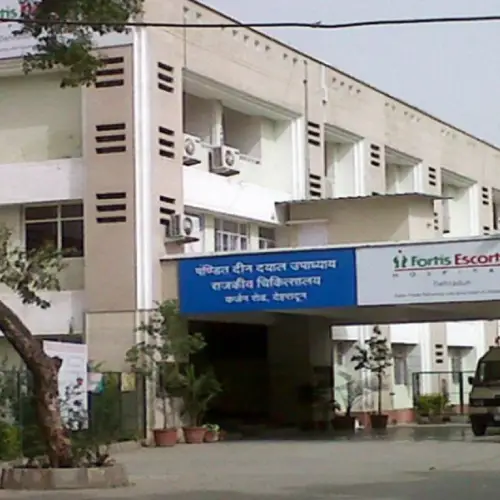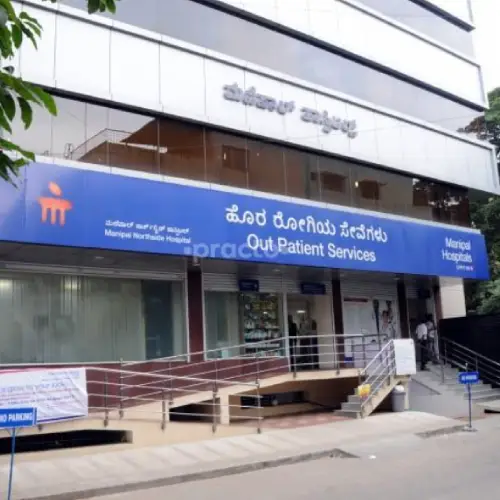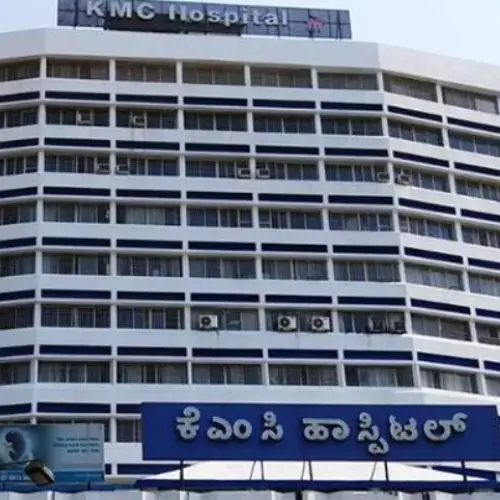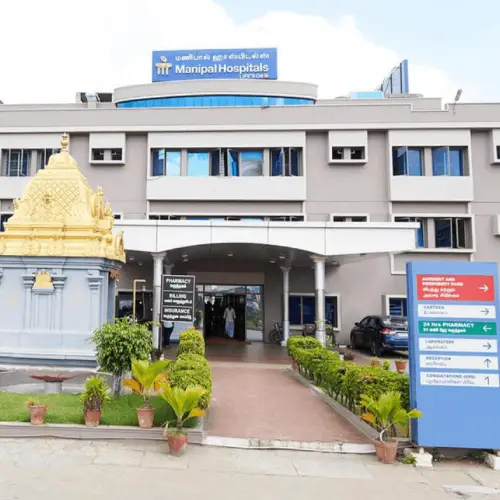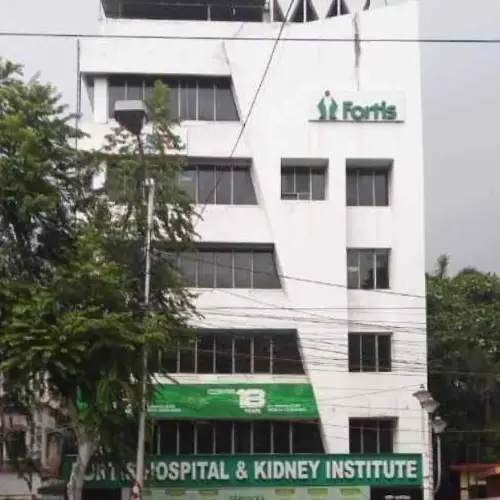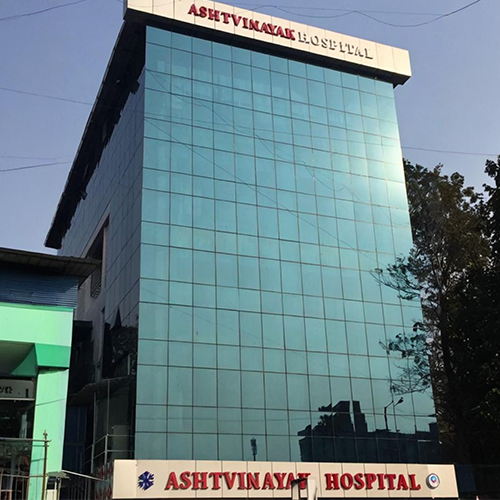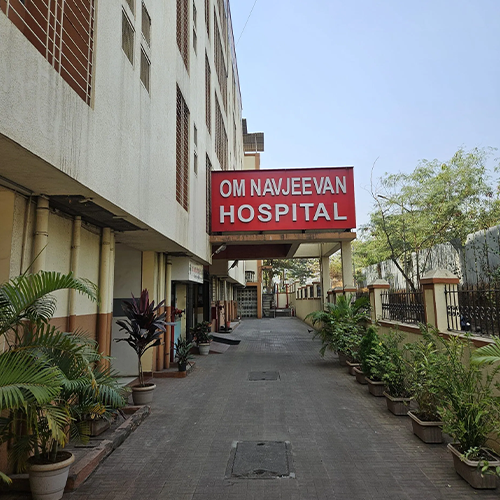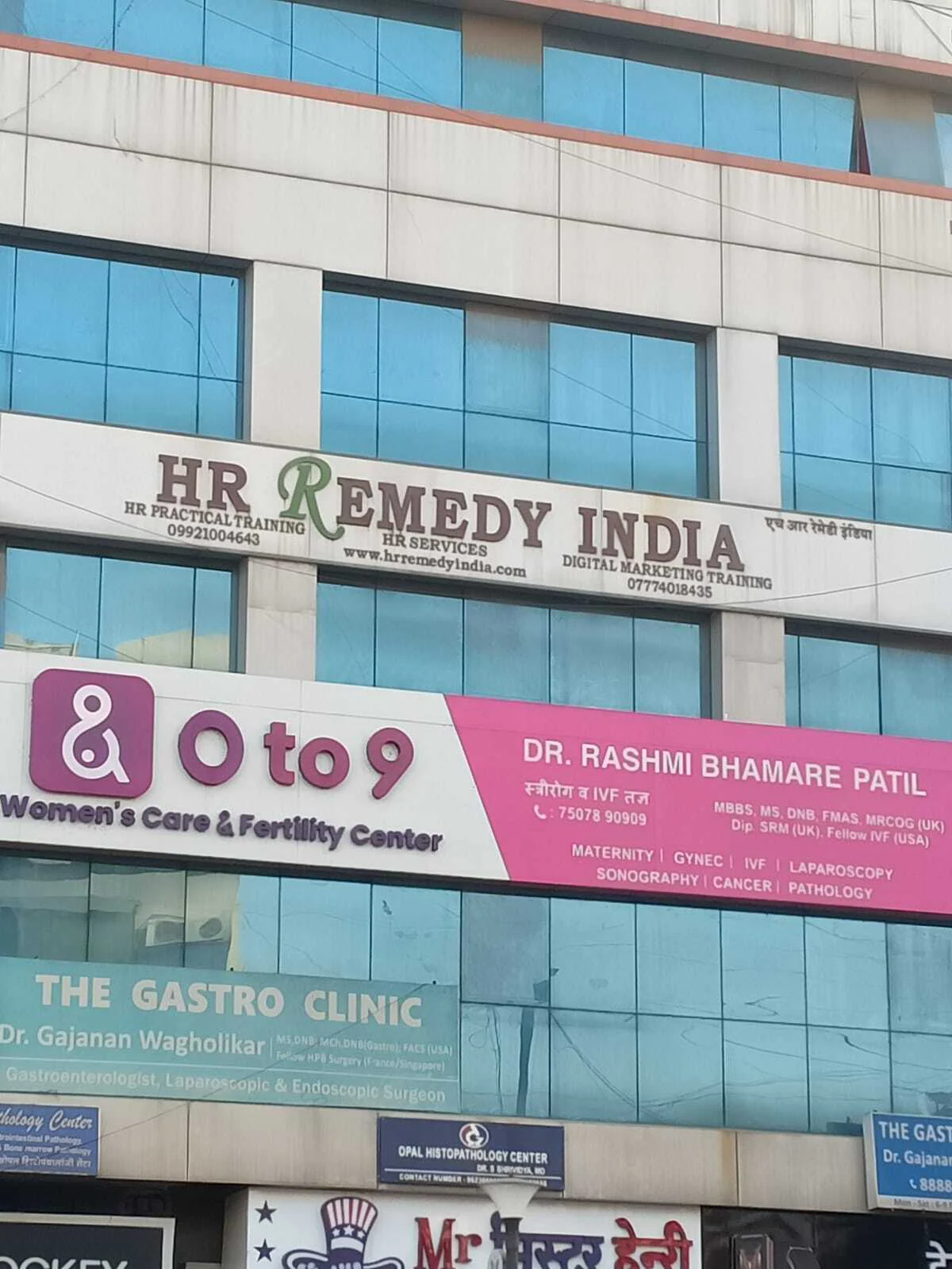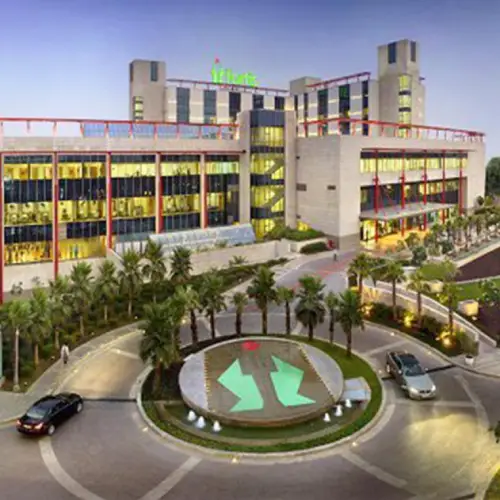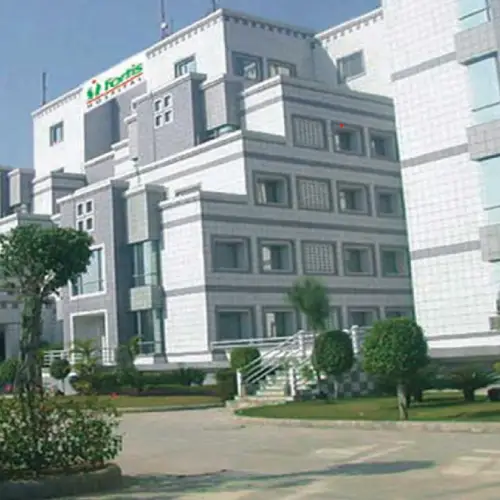Ovarian Cancer
Ovarian Cancer
What Is Ovarian Cancer?

Apart from breast cancer and thyroid cancer, ovarian cancer is another most dangerous disease that makes most women to suffer today.Ovaries are the reproductive glands of the female body that are small and located on each side of the uterus.
Ovaries, apart from helping in reproduction, forms one of the most vital parts of the female bodies, because they help in the production of estrogen and progesterone- the two most important hormones that not only help in fertilization and helping an embryo to develop within a woman’s womb, but also help in performing some other physiological functions of the body.
Ovarian cancer is a deadly disease that not only occurs in the ovaries but can also develop and affect some other parts of the body too. This type of cancer occurs when the cells within the ovaries begin abnormal cell division and show uncontrollable growth. The cancer primarily begins in the ovaries, particularly in the germ or the eggs cells, stromal cells that remain within the ovaries, and the epithelial cells in the external portions, and then gradually starts spreading into the other parts of the body.
Potential Indicators and Manifestations of Ovarian Cancer

Ovarian cancer symptoms can vary among women. Early signs may not be readily apparent or may be less pronounced in some individuals. Many women with ovarian cancer experience mild or even no symptoms during the initial stages. However, there are several common symptoms associated with ovarian cancer, including:
1. Changes in appetite
2. Increased frequency of urination
3. A sensation of fullness after consuming small amounts of food
4. Abdominal discomfort, bloating, and a feeling of pressure in the abdomen
While these sensations may appear minor, they often serve as early indicators of ovarian cancer in many instances. Therefore, it is prudent to seek advice from your healthcare professional if you begin experiencing these symptoms.
Manifestations of Ovarian Cancer in Advanced Stages
In the later phases, one might develop the following symptoms of ovarian cancer. Those symptoms might include the following:
- Weight loss
- Indigestion and bloating
- Pain and swelling in the back
- Dermatomyositis (in rare cases)
- Extreme exhaustion and fatigue
- Irregularities in the menstrual cycle
- Experiencing pain in sexual intercourse
- Problems in eating and lack of appetite
- Constipation and irregularities in bowel movemen
Significant Manifestations of Ovarian Cancer
Sometimes the severity of cancer can become deadly enough and be like the following:
- Ascites or gathering of fluid in the abdomen.
- Problems in bowel movement that might end up to bowel obstruction due to indigestion.
- Pleural effusion, a condition where a fluid- like substance gets accumulated in the patients’ lungs that might causes issues like problems in breathing, cough, or pain in the chest.
Causes Of Ovarian Cancer
There are certain causes that might lead to the development of ovarian cancer. Some of them are listed here as follows:
- Lifestyle disorders.
- Presence of carcinogenic genes in family traits.
- Lack of proper nutrition and not maintaining a balanced diet.
Different Types Of Ovarian Cancer:
The most common type among women but has no prior symptoms in the early stages, this cancer variation occurs mostly due to genetic re- combinations and to women who have ovarian cancer, colon or breast cancer in their family traits.
This is the severe kind of ovarian cancer where the cancer develops in the germ cells or the cells that form eggs during pregnancy. When this type of cancer develops, the tumor might produce HCG or human chorionic gonadotropin, a hormone that is only found in the female body when there is a development of an embryo in the womb. This type of cancer, if developed within the body, needs immediate diagnosis and treatment by your health care experts. Chemotherapy is the most suggested method of treating this type of cancer
This type of cancer develops in the stromal cells of the ovaries that make up the internal portions of the organs. This type of ovarian cancer is quite rare but can be treated if detected in the early stages.
The Different Phases of Ovarian Cancer
Though there are primarily 4 distinct stages of every type of cancer, and so is for ovarian cancer, one must know the factors based on which doctors and health care experts have divided the cancer development into these stages. The factors are as follows:
- Severity of the cancer.
- The size and growth rate of the lump.
- Rate of spreading of the cancer into the surrounding areas.
- The condition of the cancer and to what extent it is treatable.

The stages of ovarian cancer are as follows:
- Stage 1 cancer is the initial stage of the cancer when the disease has just developed.
- Stage 2 cancer is within the pelvic region.
- Stage 3 cancer is now taking a severe turn and it has gradually start spreading into the abdominal tissues.
- Stage 4 cancer is the stage where the cancer has a little chance to recover, and the cancer cells now have spread to almost all the major organs of the body.
Diagnosis Of Ovarian Cancer
There are certain methods that are usually followed by oncologists and health care experts to treat and diagonise ovarian cancer. Some such steps are listed here as follows:
- Transvaginal ultrasound (TVUS).
- Blood test to measure cancer antigen 125 (CA-125) levels.
- Biopsy: A biopsy is done to study the development of cancer.
- Abdominal and pelvic CT scan. If you are allergic to dye, they may order a pelvic MRI scan.
- Chest CT scan: To know whether the cancer has spread into the lungs and whether there is a fluid accumulation there.
- Positron Emission Tomography or (PET) scan: That uses a dye that is applied or injected to show whether the organs are in proper conditions and whether they are working correctly.
Ways Of Treating Ovarian Cancer
Managing ovarian cancer involves two primary steps undertaken by your healthcare professionals and dedicated physicians to help you overcome the disease. Treatment for ovarian cancer follows specific methods, including:
- Surgery
- Chemotherapy
- Radiation Therapy
The primary and most frequently employed approach to cancer treatment is surgical intervention. In fact, oncologists and healthcare experts often recommend surgery as the preferred method for expediting the treatment of ovarian cancer. Ovarian surgery entails the removal of affected portions of the ovaries and their surrounding areas, and in severe cases, the complete removal of the affected organs through surgical procedures.
In cases where patients do not wish to preserve fertility or when ovarian cancer is at an advanced stage, advanced ovarian cancer surgery becomes imperative. This stage may encompass the following procedures:
1. Partial or total removal of the ovaries.
2. Excision of the fallopian tubes and omentum.
3. Extraction of cancer-damaged ovarian cells.
Chemotherapy represents a distinctive cancer treatment approach, typically administered post-surgery. This method involves the use of drugs and essential medications to target and combat cancer-affected regions within the ovaries.
Radiation therapy is a treatment modality wherein highly advanced radiation beams are directed at cancer-affected areas. This technique is highly effective as it directly eradicates cancer cells through the application of radiation.
Side Effects Of Ovarian Cancer Treatment
While the treatments for ovarian cancer are generally safe and have minimal impact on overall health, there are still some minor side effects associated with chemotherapy and surgery. These can include:
1. Fatigue
2. Sleep disturbances
3. Hair loss, which may result in baldness
4. Nausea, which may or may not lead to vomiting
FAQs
The matter of conception after having ovarian cancer or post- surgery entirely depends on the stage of cancer and the severity of the disease.
This will better be known through internal biopsy and the detection of the cancer in the early stage when the cancer does not spread from the ovaries.
Ovarian cancer can be easily cured through surgery and chemotherapy when detected and treated in the earlier stages.
Though many women can surely get back to work after the surgery, but for individual cases, the concerned health care expert is the best person to suggest.
Best Hospitals for Orthopaedic Surgical Oncology in India
Fill this form to get a free quote from best hospitals in India


At MediTours India, we stand as a distinguished leader in the realm of medical tourism, dedicated to transforming your healthcare journey into a seamless and transformative experience. With a commitment to excellence and a focus on your well-being, we pave the way for a new era of medical travel.
Contact Us
Address : C603 Jalaram Park LBS Road. Bhandup West Mumbai -400078 Phone : +91 9820344697 Email : ajit@meditoursindia.in
Copyright by indiameditours 2023. All rights reserved.
